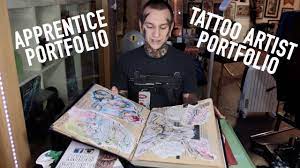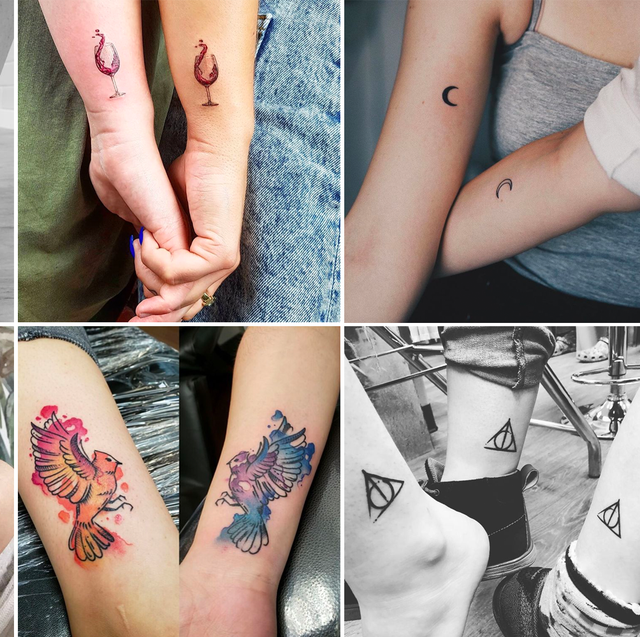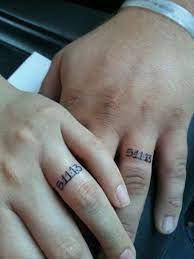
An apprenticeship as a tattoo artist is an excellent way to develop artistic abilities, yet finding an establishment willing to mentor you may be daunting. Your tattoo art portfolio will help a potential mentor determine whether you have what it takes to become their apprentice. Include drawings demonstrating your ability to take a concept and transform it creatively.
Creativity
Tattoo artists need to think outside the box to meet client demand for something fresh and new, and an apprentice should offer them something truly creative to showcase their artistry. Create a portfolio with various styles and designs to distinguish you from other applicants. A strong portfolio should feature at least 50 drawings showcasing fine art, comics, and realism styles.
Technical Drawing Skills
Depending upon your tattoo shop, an apprenticeship may last years before becoming fully qualified as a tattoo artist. During that time, you will learn how to prepare the skin for tattooing, operate the machine correctly, and adhere to strict tattooing hygiene practices. Strong technical drawing abilities will aid your journey toward becoming a tattoo artist. You can hone your artistic talents through free online drawing classes or an art course at a nearby college; the more time and energy you put into improving these abilities, the higher your chance of impressing potential mentors.
A Well-Rounded Portfolio
When applying for a tattoo apprenticeship, having a comprehensive portfolio will help showcase all your abilities. A well-curated portfolio will set you apart from competitors and leave an impressive first impression on prospective employers. Tattoo artists tend to specialize in one particular style of artwork, but it’s essential to focus on something other than one approach. An open mindset will enable you to learn more easily from those you work with.
Communication Skills
Tattoo apprenticeship is an immersive, hands-on experience, so communication between mentors and clients must be clear for everyone to understand each other appropriately. Furthermore, you’ll need to perform menial tasks such as cleaning tubes and autoclaves that contribute to the shop’s success; following instructions correctly will demonstrate your value as an apprentice. Tattoo apprentices don’t have to be master artists, but the more time and effort invested in developing your artistic abilities, the better your chances are of finding mentors for tattooing.
Beginning Your Career
Beginning your career in tattooing requires creating a portfolio that displays your talent as an artist and the ability to translate designs from clients into tangible Tattoos on the skin. Make sure it includes various styles and finishes (black-and-white and color) so potential mentors know that you can cover a wide array of tattooing techniques.

